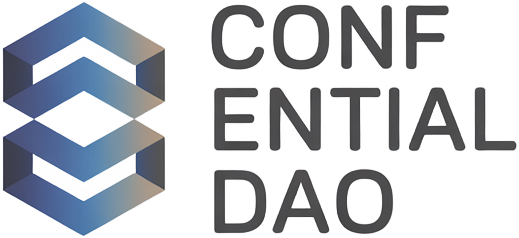
In the fast-evolving world of Web3, a new powerhouse is rising: Decentralized Open Source Program Offices (dOSPOs). These entities are redefining how open-source projects are governed and protected in blockchain ecosystems, putting privacy and community-driven governance at the very core. Forget the old corporate OSPO model – dOSPOs operate within DAOs, leveraging transparency, cryptography, and collective intelligence to create a more secure, equitable digital commons.
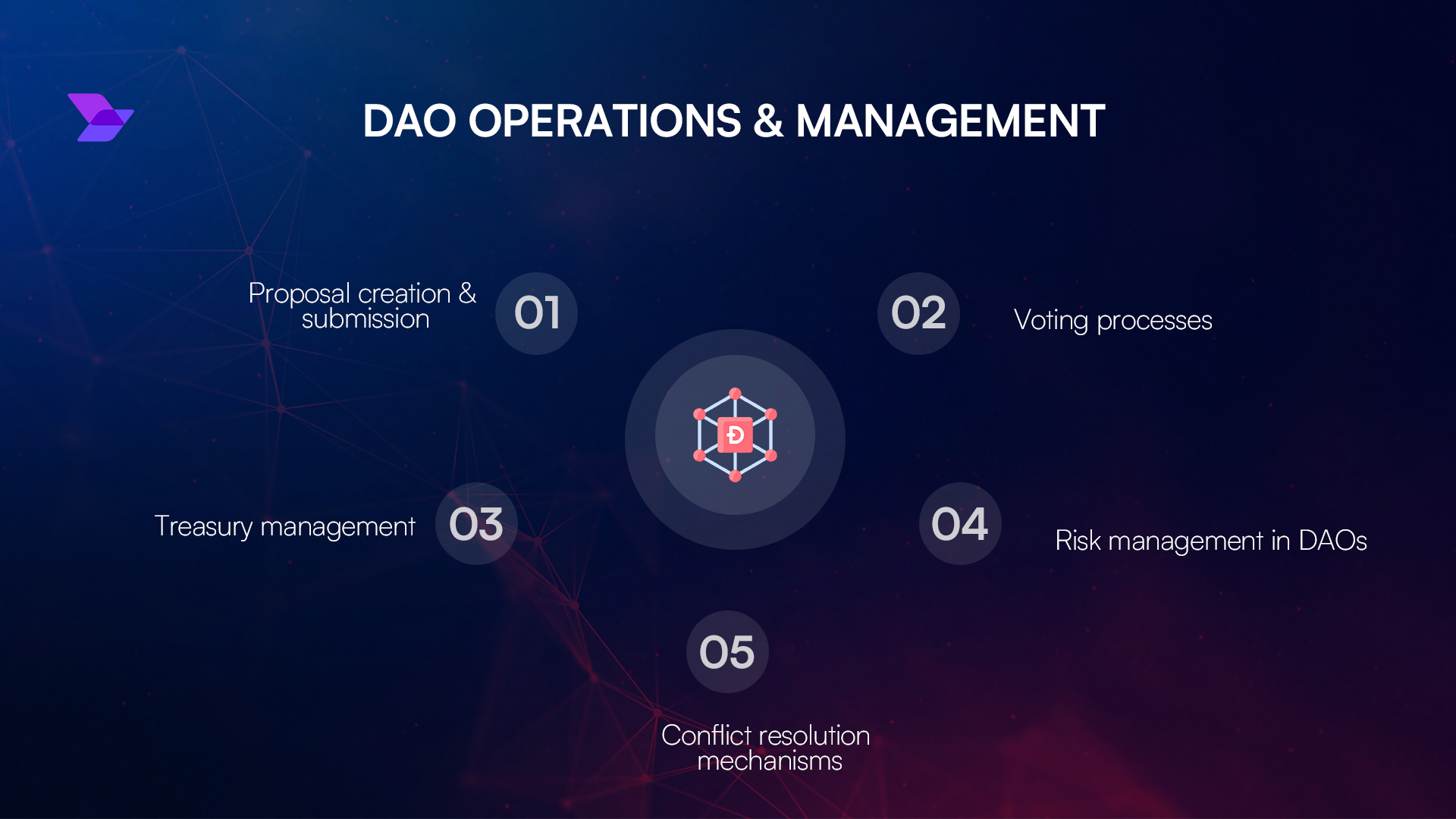
Why dOSPOs Matter for Blockchain Privacy
The push for dOSPO blockchain privacy isn’t just philosophical – it’s practical. As highlighted in recent research from ScienceDirect and Help Net Security, true on-chain privacy must start with open source. Transparency in code is not a threat to privacy; it’s the foundation. By making code auditable, dOSPOs ensure that privacy protocols are robust and trustworthy. This is especially critical as protocols like Tornado Cash have shown both the power and controversy of privacy tools in decentralized finance (Bitcoin Policy Institute).
“If you want privacy onchain, you must start with transparency in the code. “ – Help Net Security
DAO Governance: The Heartbeat of Decentralized OSPOs
dOSPOs don’t just rewrite the rules for code management – they reinvent governance itself. In this model, every contributor can propose changes or raise concerns through transparent voting systems powered by smart contracts. The Web3 Security DAO (W3SD) is a prime example: it has moved to a fully decentralized governance structure where decisions about security initiatives are made collectively by stakeholders worldwide.
Key Benefits of dOSPO Governance for Open Source DAOs
-
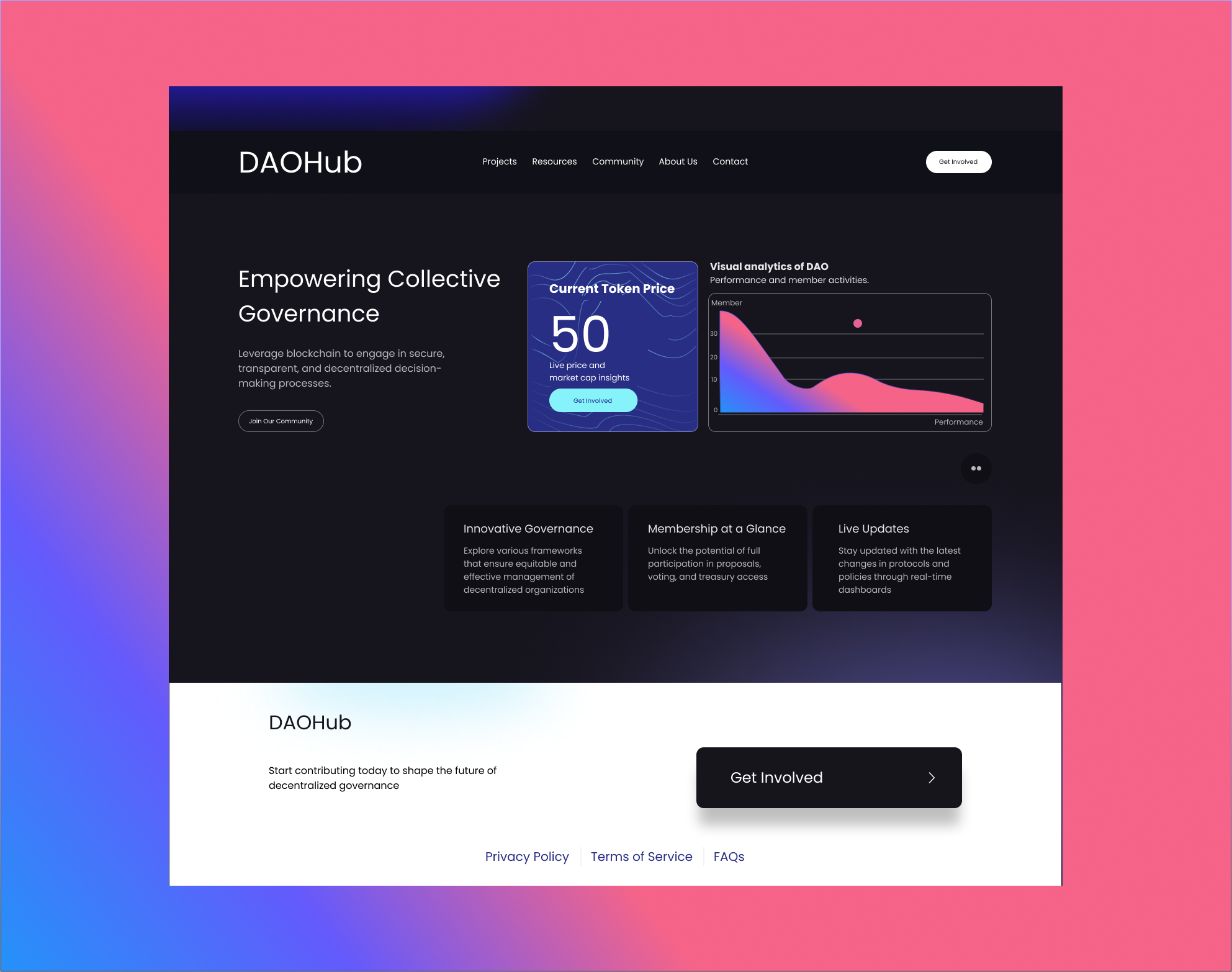
Transparent, Community-Driven Decision Making: dOSPOs leverage DAO frameworks to ensure every governance action—like proposals and votes—is visible and open to all members, fostering trust and collective ownership. See Web3 Security DAO as a leading example.
-
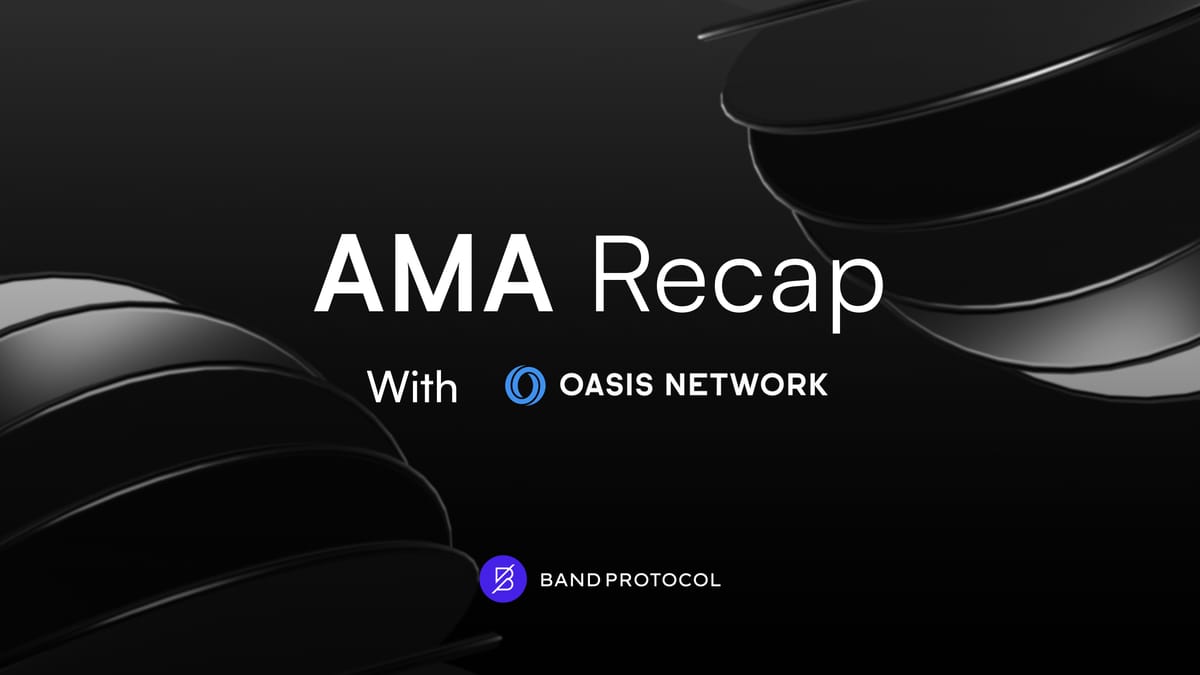
Enhanced Privacy Through Open Source Innovation: By integrating privacy-preserving technologies such as confidential smart contracts, dOSPOs empower users to control their data. Oasis Network is pioneering these privacy solutions for decentralized apps.
-
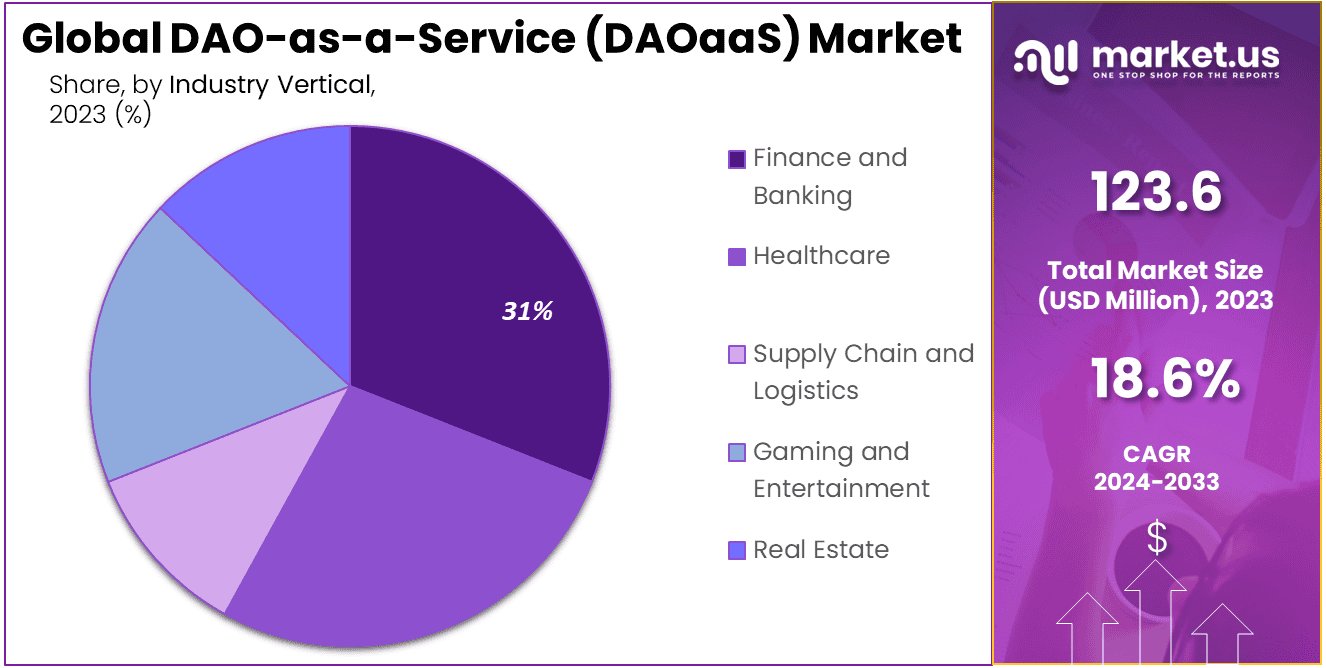
Scalable Collaboration Across Global Contributors: Decentralized governance allows diverse, international communities to coordinate efficiently, breaking down traditional silos and accelerating open source innovation.
-
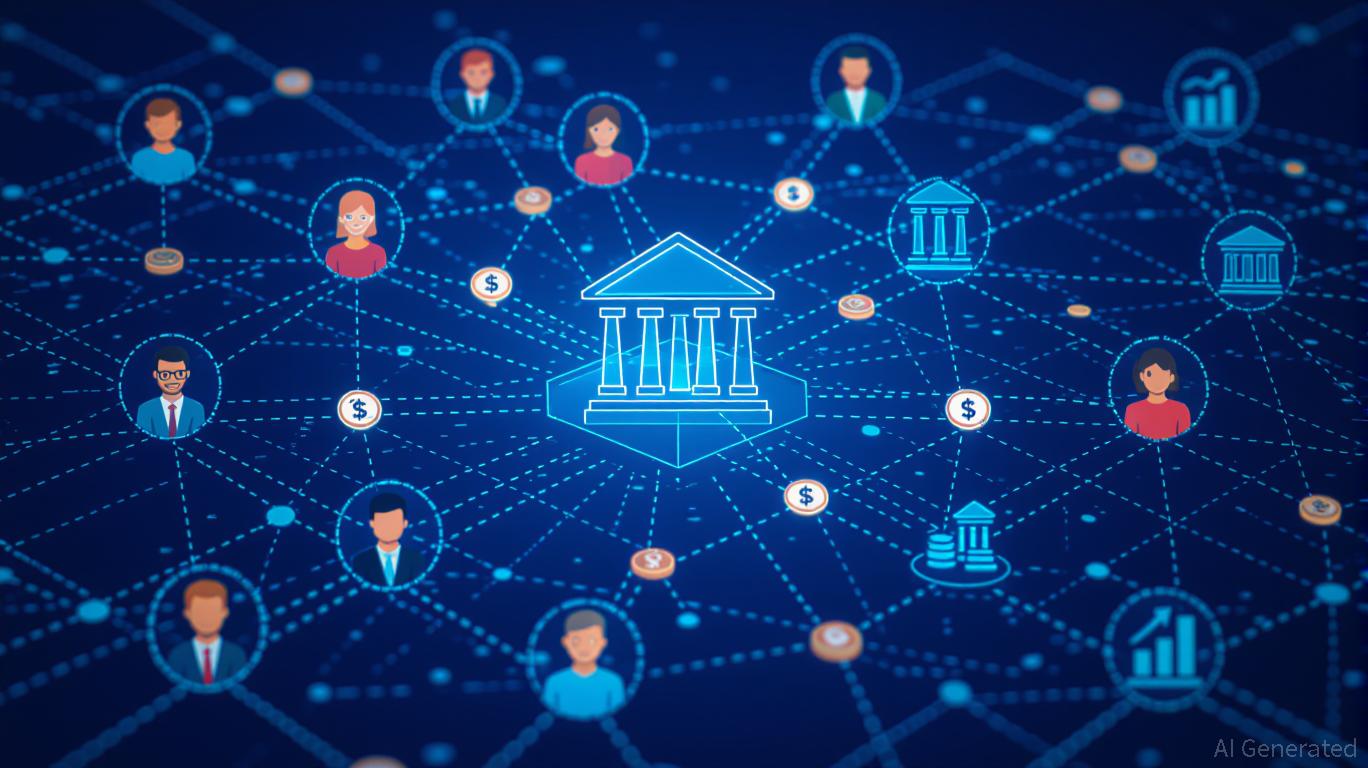
Accountability and Traceability by Design: Blockchain-based governance records all decisions immutably, making it easy to audit actions and hold participants accountable—crucial for open source transparency. Learn more.
-
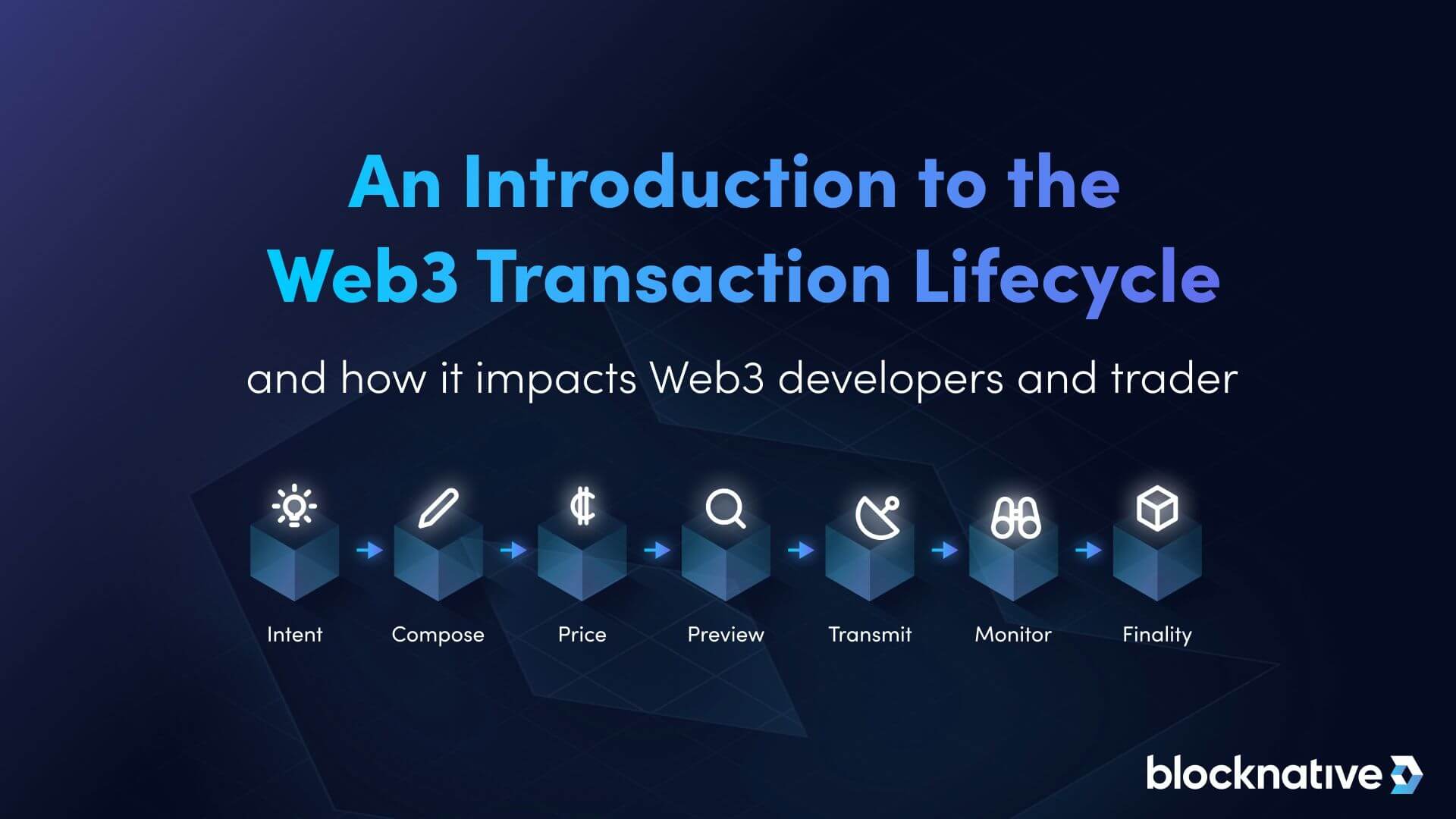
Continuous Privacy Research and Improvement: dOSPOs benefit from active research initiatives like Web3Privacy Now, which catalog new privacy-enhancing frameworks and solutions, ensuring DAOs stay ahead of emerging privacy challenges.
This approach doesn’t just boost inclusivity; it also strengthens security. With more eyes on every proposal and upgrade, vulnerabilities are caught earlier. And because every decision is logged on-chain, accountability skyrockets.
Pushing Privacy Boundaries with Advanced Cryptography
dOSPOs aren’t satisfied with surface-level solutions. They’re integrating bleeding-edge cryptographic techniques to guarantee that sensitive data stays private – even from node operators! The Oasis Network, for instance, has pioneered confidential smart contracts that give users granular control over their data exposure within decentralized applications (dApps). This kind of customizable privacy is rapidly becoming table stakes in Web3.
The momentum doesn’t stop there: initiatives like Web3Privacy Now are building vast databases of tools and frameworks for privacy-enhanced decentralized apps (PEDApps), helping developers move fast while keeping user confidentiality front and center.
